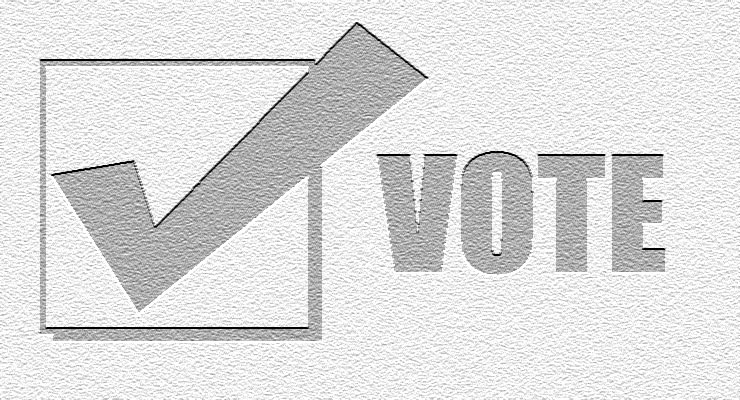
There is interesting news coming from Forbes‘ Trevor Clawson:
Football – along with other major sports – has not been slow to embrace digital technology for marketing purposes but, by and large, most of us don’t associate the cut and thrust of sporting action with a somewhat esoteric digital ledger system that, frankly, relatively few people understand.
But last week, London-based Premier League football club, West Ham United announced a partnership with tech startup, Socios.com that will – if all goes according to plan – enable fans to engage directly with the club through the purchase of digitized tokens.
The core concept is relatively simple. As Alexandre Dreyfus, founder and CEO of Socios.com, points out, football clubs have become global brands. In addition to the faithful thousands who buy season tickets and turn up for games, millions more watch them on TV in their home countries and around the world. “Ninety-seven percent of fans are outside the stadium. It is very difficult to engage and monetize those fans,” he says.
See full story here. It is hard to get a grasp on the slow creep forward of the utilization of any new voting technology, especially when technologies are new and when they are unusual. The use of the digital “distributed, decentralized, public ledger” known as blockchain technology has been spreading in many industries. Slowly, experiment by experiment, there have been attempts at testing how blockchain’s unique characteristics can be taken advantage of in the administration of elections. Limited, local initiatives have shown that blockchain may have a real role to play.
One interesting new look at the changes underway comes from Phil Goldstein at StateTech Magazine who recently published an article about how blockchain technology is working its way into America, finding a role in several different aspects of election administration and beyond. From the article:
Blockchain technology, in and of itself, cannot replace legacy systems for databases, record keeping or transaction management, but it can enhance such systems, experts say. Blockchain voting is also getting more attention, though cybersecurity experts are skeptical about it and it has not been tried in the United States on a large scale yet.
Most state government officials are still in a wait-and-see mode about the technology, though blockchain use cases continue to proliferate. According to a 2017 National Association of State CIOs report, 63 percent of those surveyed were still investigating blockchain in state government with informal discussions, 26 percent said there were no discussions of blockchain at that time and 5 percent had adopted blockchain technology in support of some state government services.
Leave a Reply